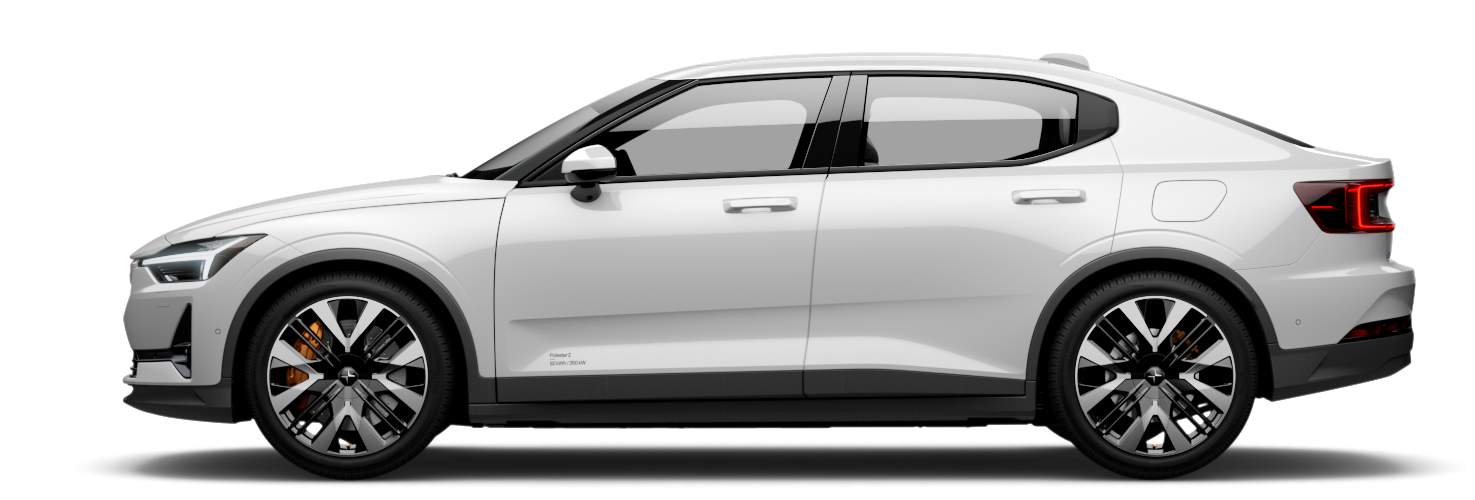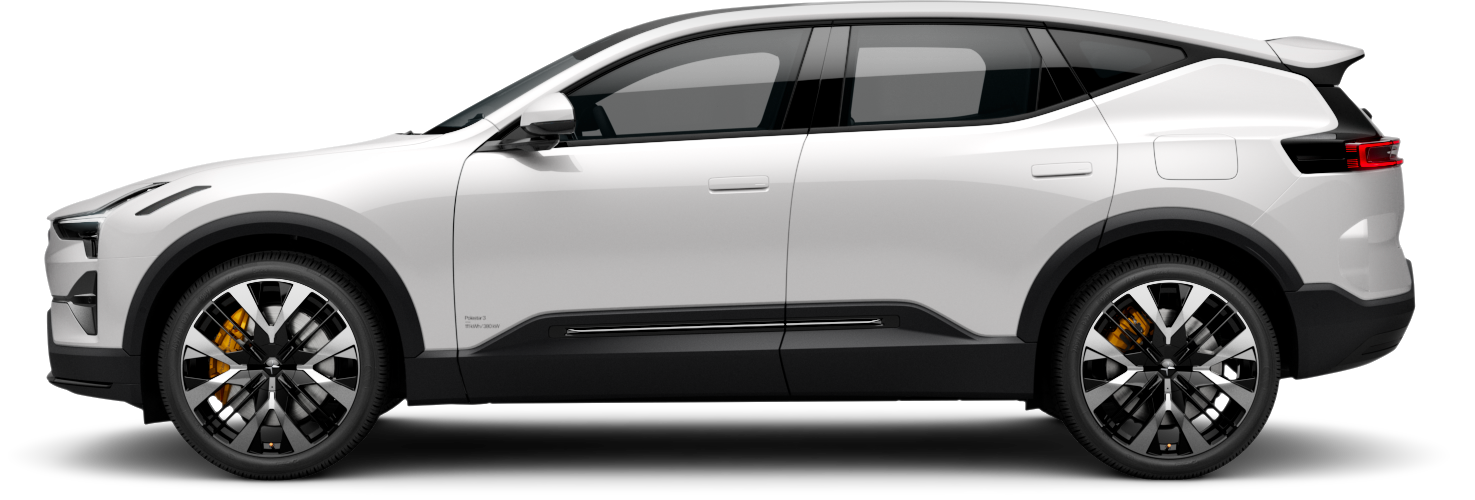Driving recommendations
Towing using a towline
This section refers to one vehicle being towed behind another using a towline.
Read moreHill Start Assist
The function for assisting when starting the vehicle on inclines (HSA) helps prevent the vehicle from rolling backward when starting on an uphill gradient. When backing up a hill, HSA helps prevent the vehicle from rolling forward.
Read moreBraking on salted roads
When driving on salted roads, a layer of salt may form on the brake discs and brake pads.
Read moreBraking on wet roads
Prolonged driving in heavy rain without braking may cause braking effect to be slightly delayed the first time the brakes are applied.
Read moreParking on a hill
Always use the parking brake when parking on a hill.
Read moreService stations
You can use the vehicle's navigation system to find a route to the nearest service station.
Read moreUsing the electric motor only
When using the electric motor, the vehicle provides a combination of good fuel economy, low emissions and high performance.
Read moreElectric driving range
The vehicle's driving range depends on a number of factors. The ability to achieve a long driving range varies according to the outside conditions and to how the vehicle is driven.
Read moreEconomical driving
To achieve the longest possible driving range, the driver should plan the trip and adapt driving style and speed to the current situation.
Read morePreparing for a long trip
It is important to have the vehicle's systems and equipment checked carefully before driving long distances.
Read moreBattery drain
The electrical functions in the vehicle drain the battery to varying degrees. Avoid using ignition mode II when the engine is switched off. Use ignition mode I instead, as this uses less electrical current.
Read moreDriving through standing water
It may be necessary to drive the vehicle through standing water, e.g. deep puddles or flooding on the road. This must be done with great caution.
Read moreWinter driving
It is important to check the vehicle before driving in cold/snowy conditions to make sure it can be driven safely.
Read moreOverheating of engine and transmission
In certain driving conditions, such as driving in mountainous areas or hot weather, there is a risk of the engine or transmission overheating, especially when carrying heavy loads.
Read more




